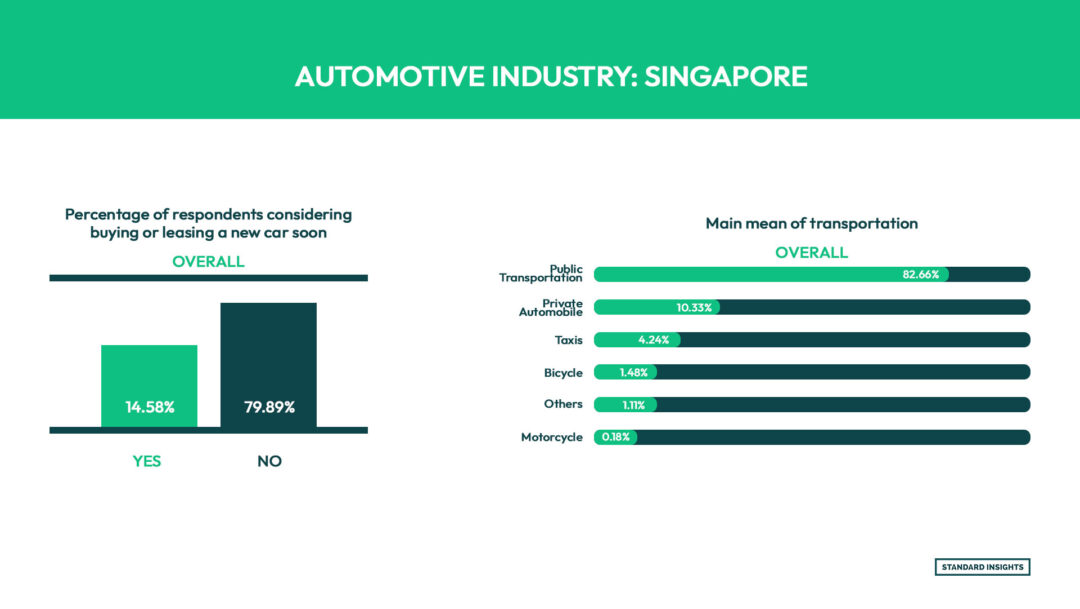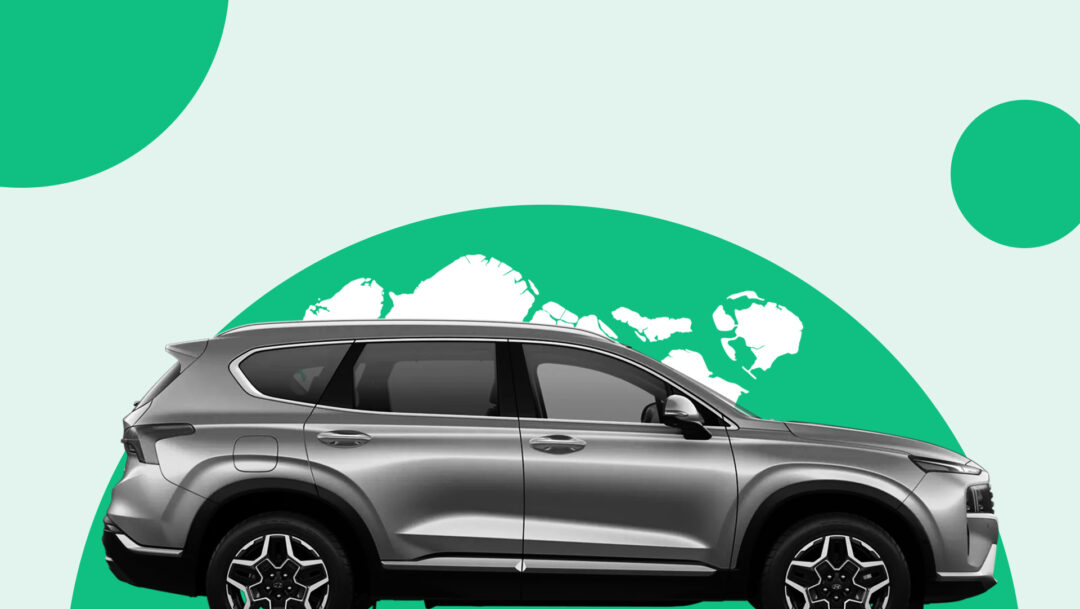The likelihood of finding an old, rundown car on the roads in Singapore is extremely low. Car ownership in Singapore is often viewed as a status symbol, with Singaporeans regarding cars more as luxuries than mere commodities. This perception is influenced by the government’s initiatives to cultivate a “car-lite” society, where people are encouraged to walk, cycle, or use public transportation as part of a nationwide effort towards sustainable mobility.

The Singapore government has committed massive public funds to expand the country’s public transportation infrastructure, which is already among the best in the world. Over the last decade, the city has added 1,000 buses and over 200 MRT daily ridership. Meanwhile, three new underground lines have been built to ensure that 80% of households are within a 10-minute walk of a station.
Coupled with this strategy, the government also limits the total number of vehicles in the city by issuing limited numbers of permits, known as Certificates of Entitlement (COE). This regulation on the number of COEs that can be issued, along with the resulting price increase, disincentivizes and makes it more difficult for people to own cars.
Cars in Singapore: Why are they so Pricey?
Prospective car buyers in Singapore can only purchase a new car after bidding for a COE. Car owners with a COE are permitted to drive a vehicle in Singapore for ten years. However, once the COE expires, they must scrap or export the vehicle, or obtain a new COE.
Speaking of obtaining COEs, the most recent tender for a COE is not cheap, with bids for a mid-sized sedan coming in at S$41,600 (US$30,600). Not to mention, additional taxes are slapped on top of the fee, adding up to more than the car’s open market value (OMV). It is important to note, however, that these prices are subject to change based on market demand and other factors.
A compact car can thus average around S$105,929 (US$77,670) in 2017.
With high interest rates, fuel prices, car loans, and maintenance fees, owning a new car in this city is financially difficult for most citizens.
The price of car ownership in Singapore through the levying of various fees and taxes:
- Certificate of Entitlement (COE)
- Open Market Value (OMV)
- Additional Registration Fee (ARF)
- Excise Duty
- Goods and Services Tax (GST)
- Registration Fee
- Vehicular Emissions Scheme (VES)
- Other Charges (road tax, IU fee, car plate fee, dealer’s commission, etc.)

Land Transport & Mobility in Singapore
According to the country’s Land Transport Authority (LTA), roads take up about 12% of the total land area in Singapore today. Due to land constraints and rising demand for real estate, there will even be more limitations in further expanding the road network. Hence, current effort to stifle traffic and discourage car ownership in Singapore is to provide more alternatives to get around the country, which is currently underway. Indeed, the country is committing S$36 billion over the next five years to achieve a car-lite society for Singaporeans.
Furthermore, the public transport network still operates efficiently. The rail network is continually expanding, and more bus contract subsidies are being offered to increase capacity. Additionally, Singapore has plans to phase out internal combustion engine vehicles and have all vehicles run on cleaner energy by 2040. This move towards electric vehicles (EVs) marks a significant step in the country’s sustainability goals and could potentially impact car ownership, given the infrastructural changes (like charging points) and potential cost reductions associated with EVs.
Bicycle-sharing platforms, such as Mobike and oBike, have also emerged to provide options for short-distance travel. Moreover, car-sharing services have grown in popularity, providing an alternative for those who need a car occasionally but do not want to bear the high costs of ownership.
In July 2022, Standard Insights surveyed over a thousand people living in Singapore to learn more about their global consumption in the automotive industry. The statistics collected reflect striking similarities between Singaporean’s current perceptions and sentiments about their means of travel.
Specifically, 79.89% of respondents said they have no plans to buy or lease a new car anytime soon. Most people who are considering buying or leasing a new car soon have yet to choose a time frame as to when to purchase.
Moreover, an overwhelming 82.66% of Singaporeans depend on public transportation as their primary mean of transportation. Meanwhile, only 10.33% answered private automobiles as their main mode of transportation.

Will the quota put the final nail in the coffin for car ownership in Singapore?
Singapore’s model of making cars an extravagant commodity, while raising a few concerns among citizens, could significantly reduce CO2 emissions. Even London, for instance, requires motorists to pay £15 per day during the week if they want to enter the central zone. And New York also plans to adopt a similar system next year.
The LTA’s latest announcement, compounded by the difficulty in and cost of acquiring COEs, may be considered the final nail in the coffin of the dream of car ownership in Singapore. Many citizens, however, support the country’s move.
In conclusion, Singapore’s high costs and regulatory measures make car ownership a luxury. The country’s shift towards a “car-lite” society, supported by extensive public transportation and sustainable mobility options, is in full swing. As Singaporeans increasingly embrace these changes, the future of mobility in the city-state leans towards sustainability and affordability.




